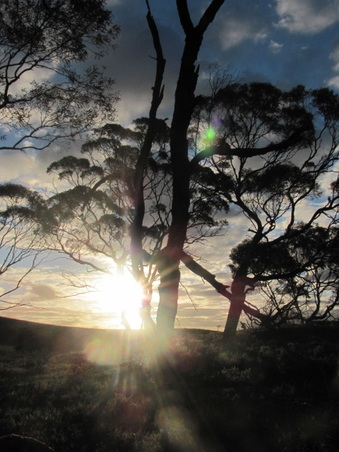 Working with troubled young people and families involves a tight rope act of making sure children are progressing while their parents feel supported and hopeful during the therapeutic process. We all know that the power of intention can change our attitudes, feelings, and behaviours and this is no different when it comes to how we see therapeutic treatment. I use the word treatment here not to relate therapy to a medical endeavour but to acknowledge therapy as a process aimed at helping people get better over time. If we look at a program like True North Expeditions we know that it was created to work with struggling teenagers and families. Whether its depression, substance abuse, anger management, anxiety, or academic issues, there is often a valid concern for seeking therapeutic support. Youth courts also recognise the benefits of such services and may refer a young person to see a therapist or engage in some developmental program. Whether you are the parent or teacher of such a young person, an important question to ask yourself is: “What is my goal is seeking treatment for this child?” This questions helps guide our assumptions towards answering the question of whether it is Treatment or Control we are after. It is no easy task to stay composed when our child’s behaviour takes a turn for the worse. There are times when they can cause serious stress in our homes affecting siblings, extended family, and even those in the surrounding community. There is no doubt that additional support may be needed to help during challenging times. There are, however, two ways we can seek help. One is focused on ourselves (Control) and the other being attentive to our child struggling adapt to the world around them (Treatment). When we are in “Control” mode we are not concerned about why children are acting out or hurting themselves. We end up being concerned about making it stop because of the effect it has on us. In “Treatment” mode, we want to help people get better. With a calm touch, caring attitude, empathy, and perseverance, we will do everything it takes to ensure that the child in front of us has every opportunity to enjoy the highest quality of life. Here are some thinking patterns that can help differentiate the two: Control “The other person is in the way of my happiness.” “This is unfair to me.” “I just want this to stop – it is affecting me.” “There is nothing I can do to help.” “He just doesn’t get it.” Treatment “I will do whatever it takes to help her be happy.” “I can see that he is struggling right now.” “I will keep trying something new until it works.” “Despite set backs, I can see us moving in the right direction.” Obviously there will be days that are better than others. Some days we may be in our “Control” mode while others we will be aware enough to see that treatment is a process. Small victories happen everyday and change is inevitable. If we choose to notice them, our hearts will be lighter and we will be capable of strengthening our relationship with our child not matter the circumstances. See you in the trail… Will Dobud MSW [email protected] www.willdobud.com 0477161768
2 Comments
|
Contact WillE: [email protected] Archives
September 2019
Categories |
 RSS Feed
RSS Feed
